Automated plant factory for the production of vaccines
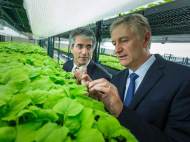 Although chicken-egg production presents a reliable method for vaccine production, in a global pandemic emergency, it takes too long and does not yield enough vaccine. A team of Fraunhofer Institute researchers from the USA has built up a Good Manufacturing Practices (GMP) compliant plant factory which relies on molecular farming. Molecular farming is an easy, fast, and safe method to produce vaccines and therapeutic proteins in plants.
Although chicken-egg production presents a reliable method for vaccine production, in a global pandemic emergency, it takes too long and does not yield enough vaccine. A team of Fraunhofer Institute researchers from the USA has built up a Good Manufacturing Practices (GMP) compliant plant factory which relies on molecular farming. Molecular farming is an easy, fast, and safe method to produce vaccines and therapeutic proteins in plants.
The plants grow in trays with hydroponic cultures of mineral wool as opposed to soil, in specially designed growth modules. Light, water, and nutrients are precisely dosed and distributed. Specially developed robots bring the plants from station to station to carry out the various steps – from inserting the tiny seeds and vacuum infiltration, to harvesting and extraction.
The plants grow for four weeks before the virus vector is introduced by means of vacuum infiltration. These virus vectors that are harmless to humans, and they are used to set the targeted protein production by introducing the needed genetic information. Moreover, plants have protein synthesis machinery similar to that of humans and can accommodate complex proteins.
Fraunhofer Center for Molecular Biotechnology (Fraunhofer CMB) researchers chose tobacco plants because they multiply and maintain desired virus vectors very well. In addition, they grow fast yielding, large quantities of biomass in a short period of time.
The process starts when a robot picks up a tray with plants, turns it upside down, and submerges the tobacco plants headfirst into liquid. The liquid contains water with the vector (biological carrier) containing the genetic information that tells the plants which protein they should produce. Then a vacuum is applied by drawing the air from the water and the plants. As soon as the vacuum is switched off, the plants absorb the water together with the vector. Then the plants are put back in the growth module to grow further, and they produce desired proteins within a week.
Once harvested, the leaves are cut into small pieces and homogenized in fully automated processes. This produces a liquid, from which the proteins are extracted. The end product is a clear liquid. The pilot facility is capable of producing up to 300 kilograms (661.38 pounds) of biomass a month, which roughly corresponds to 2.5 million units of vaccine.
Fraunhofer researchers are able to consistently grow plants and make proteins to the same predictable quality. They received a contract from the U.S. government’s Defense Advanced Research Projects Agency (DARPA), due to the fact they have developed a fully integrated, automated, GMP facility for alternative vaccine production.

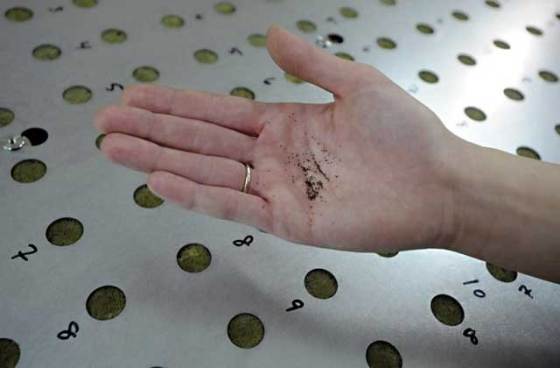
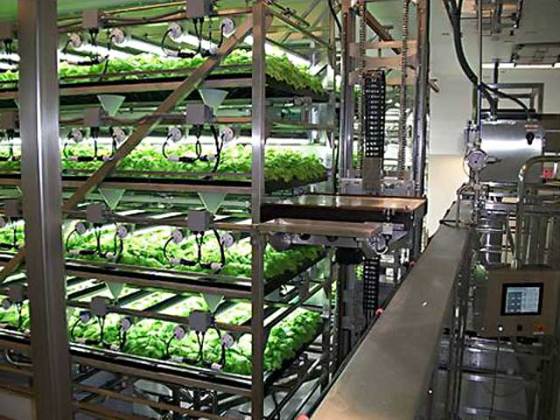


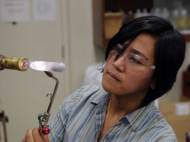
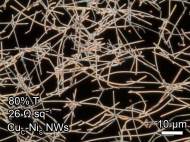
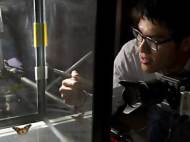
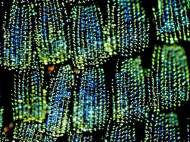

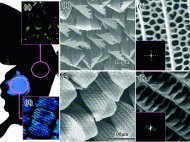
Leave your response!